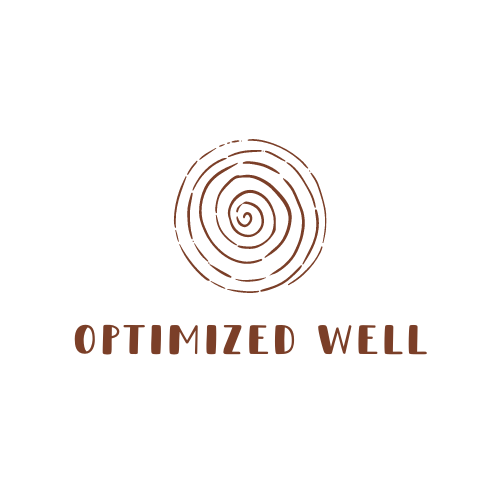Brands We Love

Understanding Nutrient-Dense Foods: The Key to a Balanced Diet
Nutrient-dense foods are those that provide a high amount of vitamins, minerals, and other essential nutrients relative to their calorie content. These foods are packed with beneficial compounds that support various bodily functions, improve energy levels, and enhance overall health. Examples include fruits, vegetables, lean proteins, whole grains, nuts, and seeds.
Benefits of Nutrient-Dense Foods
Improved Health and Vitality
Consuming nutrient-dense foods helps to supply the body with essential nutrients needed for optimal function. These nutrients play crucial roles in supporting the immune system, reducing inflammation, and promoting healthy growth and development.
Weight Management
Foods rich in nutrients tend to be lower in calories and higher in fiber, which can help in maintaining a healthy weight. Fiber promotes feelings of fullness, reducing the likelihood of overeating and aiding in weight management.
Better Digestive Health
A diet high in nutrient-dense foods, particularly those rich in fiber, supports healthy digestion. Fiber aids in regular bowel movements and prevents constipation, contributing to overall digestive health.
Enhanced Mental Well-Being
Nutrient-dense foods provide essential vitamins and minerals that support brain health. For example, omega-3 fatty acids found in fish and flaxseeds are known to improve cognitive function and reduce the risk of mental health disorders.
Incorporating Nutrient-Dense Foods into Your Diet
Fruits and Vegetables
Aim to fill half of your plate with a variety of colorful fruits and vegetables. Each color provides different nutrients, so diversity is key. Leafy greens, berries, and cruciferous vegetables like broccoli and cauliflower are excellent choices.
Whole Grains
Replace refined grains with whole grains such as brown rice, quinoa, and whole wheat. Whole grains are rich in fiber, B vitamins, and important minerals like magnesium and iron.
Lean Proteins
Incorporate lean proteins such as chicken, turkey, fish, beans, and legumes into your meals. These proteins provide essential amino acids needed for muscle repair and overall health.
Nuts and Seeds
Add nuts and seeds to your diet for a healthy source of fats, protein, and fiber. Almonds, chia seeds, and flaxseeds are particularly nutrient-dense and can be easily added to smoothies, salads, or yogurt.
Dairy or Dairy Alternatives
Choose low-fat or fat-free dairy products or fortified dairy alternatives like almond or soy milk. These provide calcium, vitamin D, and other essential nutrients.
The Role of Microgreens in a Nutrient-Dense Diet
Microgreens are young, edible greens produced from various types of vegetables and herbs. Despite their small size, microgreens are packed with nutrients, often containing higher concentrations of vitamins and minerals than their mature counterparts. For example, microgreens can have up to 40 times more nutrients than fully grown vegetables.
Growing your own microgreens at home is a simple and effective way to boost the nutrient content of your meals. Companies like Hamama offer easy-to-use kits that allow you to grow a variety of microgreens right in your kitchen. Incorporating these tiny powerhouses into your diet can enhance the flavor and nutritional value of salads, sandwiches, and smoothies.
Understanding and incorporating nutrient-dense foods into your daily diet is key to maintaining a balanced and healthy lifestyle. These foods provide essential nutrients that support various bodily functions, promote better health, and enhance overall well-being. By choosing nutrient-rich options like fruits, vegetables, whole grains, lean proteins, nuts, and seeds, you can significantly impact your health for the better. Consider adding microgreens to your meals for an extra nutritional boost and explore options like Hamama to make growing your own microgreens convenient and enjoyable.
One or more of the links above are affiliate links, meaning, at no additional cost to you, we will earn a slight commission if you click through and make a purchase. Each of these products is chosen by a trusted member of our team.

© 2024 Optimized Well | Terms of Service
